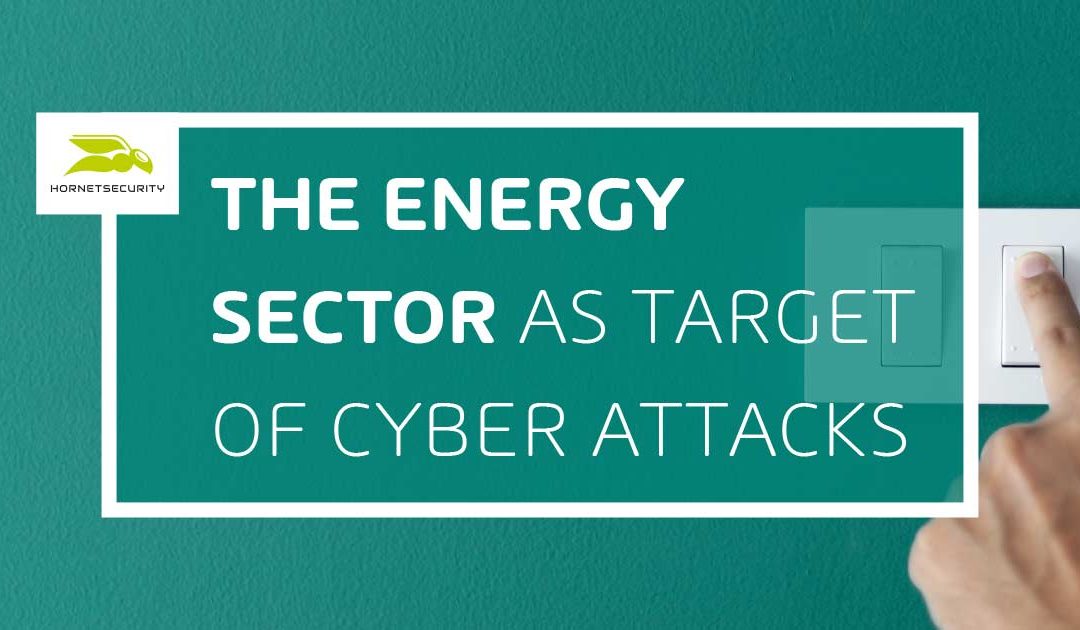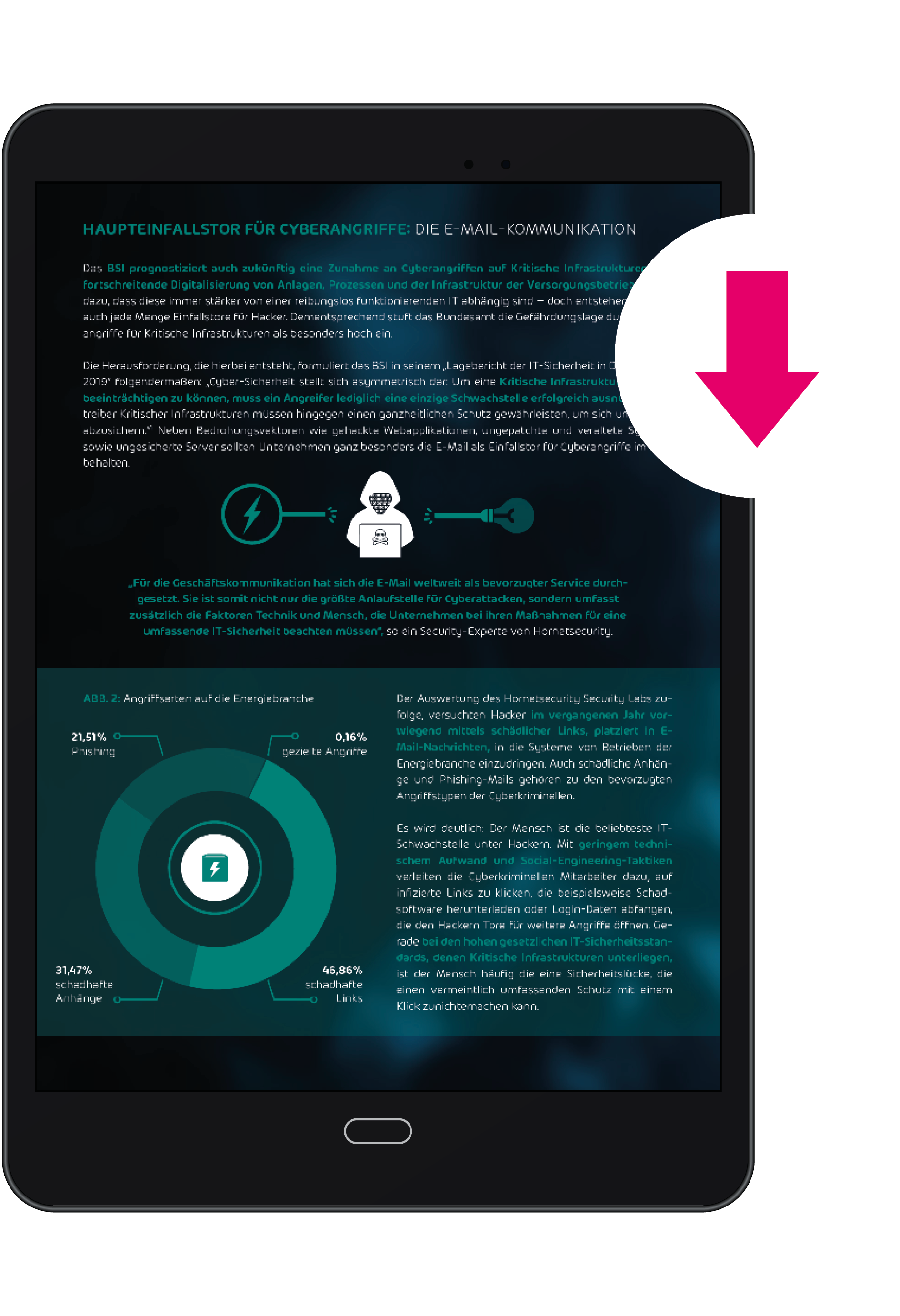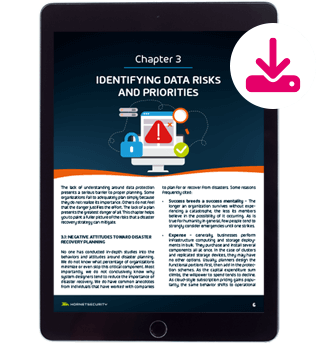Digitization is finding its way into more and more areas of the economy: from large energy companies to small travel agencies. The production plants are constantly linked, machines can be controlled remotely via the Internet, and data can be exchanged within seconds. Thus processes can be optimized and resources saved. But the advantages also have some downsides, for example when outdated servers, unpatched systems, or the lack of technical competence among employees lead to unexpected vulnerabilities. This is exactly what cyber-criminals are looking for: They use various techniques to get into a company’s system. Espionage, shutdown of production, power outages, data theft and financial losses running into billions are the result.
Hornetsecurity identifies the top 10 most attacked industries
Company-wide email communication is one of the most frequently used gateways for hacker attacks, because cyber criminals expect to have a particularly high chance of success with phishing, ransomware and other techniques … but which industries are actually most commonly affected by cyber-attacks and what attack techniques are they exposed to? By analyzing around 1,000 domains with the largest email volume, the security experts at Hornetsecurity were able to identify the top 10 industries that were particularly hard hit by cyber attacks via email in 2019.
Energy suppliers in the focus of hacker attacks
The energy sector was found to be extremely threatened, as it is the number one target – and as part of a country’s critical infrastructure, it is subject to the highest security measures. Nevertheless, a number of past incidents have shown that even the smallest vulnerability can have unexpected consequences. So who is presumably behind the attacks on the energy industry? What are the motives and what do the cybercriminals aim to achieve?
In the “Cybersecurity Special – Energy Industry: Cyber Attack Target Number One” the security experts from Hornetsecurity provide answers to these questions. They also explain the tactics behind the various types of attacks on the energy industry and analyse in detail the approach of a current phishing campaign on a utility company to find out what possible target lies behind the attack.
Due to increasing cybercrime, the relevance of IT security in companies is reaching a completely new level and will be even more important in the future. The risks of a cyber attack are usually far greater than is generally assumed – the results and conclusions of the research, summarized in the Cybersecurity Special, give an alarming picture.



